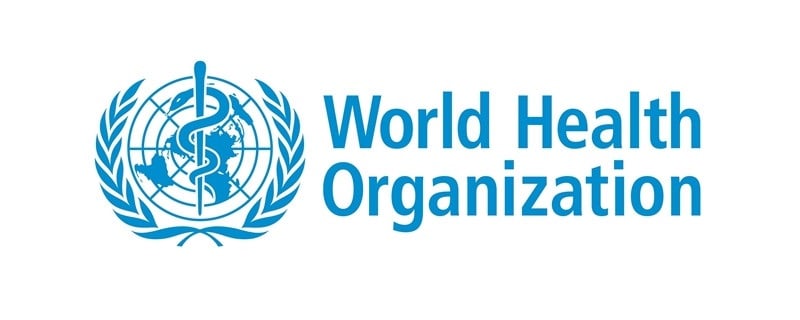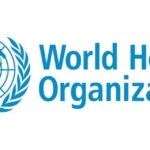WHO: One in Three Adults Worldwide Suffer from Hypertension

In a groundbreaking move, the World Health Organisation (WHO) has unveiled its inaugural report on the global scourge of high blood pressure, accompanied by critical recommendations to combat this silent killer effectively.
The report, unveiled on Tuesday, paints a grim picture, revealing that approximately four out of every five individuals grappling with hypertension receive inadequate treatment. It underscores that if countries can enhance coverage, a staggering 76 million lives could be spared from 2023 to 2050.
Hypertension: A Looming Global Threat
Hypertension, commonly known as high blood pressure, is a condition that affects one in three adults worldwide, posing a severe risk of stroke, heart attack, heart failure, kidney damage, and a range of other debilitating health issues.
Alarming Growth and Awareness Gap
The WHO report indicates a disturbing trend: the number of people afflicted with hypertension (defined as blood pressure levels of 140/90 mmHg or higher or requiring hypertension medication) doubled between 1990 and 2019, surging from 650 million to a staggering 1.3 billion. Shockingly, nearly half of these individuals remain unaware of their condition.
Moreover, this global health crisis predominantly impacts low and middle-income countries, where over three-quarters of adults with hypertension reside.
Risk Factors and Potential Solutions
While factors like advancing age and genetic predisposition can elevate one’s hypertension risk, several modifiable factors, including a high-salt diet, physical inactivity, and excessive alcohol consumption, also contribute to the problem. The report emphasizes that adopting healthier lifestyles, such as improved dietary choices, smoking cessation, and increased physical activity, can play a pivotal role in reducing blood pressure levels.
For some individuals, pharmacological interventions may be necessary to effectively manage hypertension and avert related complications.
Cost-Effective Solutions for Health Systems
The WHO underscores that the prevention, early detection, and effective management of hypertension represent some of the most cost-effective healthcare interventions available, which countries should prioritize as part of their primary care offerings. The report highlights that the economic benefits of enhanced hypertension treatment programs outweigh the costs by a staggering 18-to-1 ratio.
Dr. Tedros Ghebreyesus’ Urgent Call
Dr. Tedros Ghebreyesus, the Director-General of WHO, emphasizes that hypertension can be effectively controlled through straightforward, cost-effective medication regimens. However, only one in five individuals with hypertension manages to keep their condition under control. He laments that hypertension control programs remain neglected, under-prioritized, and grossly underfunded.
Dr. Ghebreyesus insists that strengthening hypertension control should be a central element of every nation’s journey toward universal health coverage, founded on robust, equitable, and resilient health systems grounded in primary healthcare.
The report’s launch coincided with the 78th Session of the United Nations General Assembly, addressing critical issues such as pandemic preparedness, tuberculosis eradication, and universal health coverage.
A Pivotal Impact on Global Health
Enhancing the prevention and management of hypertension will be pivotal in advancing progress on various fronts, including the Sustainable Development Goals. Dr. Ghebreyesus points out that achieving levels of hypertension control akin to high-performing nations could prevent a staggering 76 million deaths, 120 million strokes, 79 million heart attacks, and 17 million cases of heart failure by 2050.
Michael Bloomberg’s Support for Affordable Solutions
Michael Bloomberg, WHO Global Ambassador for Noncommunicable Diseases and Injuries, underscores that the majority of heart attacks and strokes globally can be prevented through accessible, safe, and affordable medications. He stresses that treating hypertension via primary healthcare channels not only saves lives but also represents a significant cost-saving opportunity, potentially saving billions of dollars annually.
In conclusion, the WHO’s comprehensive report on hypertension underscores the urgent need for global action, stressing that addressing this crisis can bring substantial benefits to both individuals and healthcare systems.



